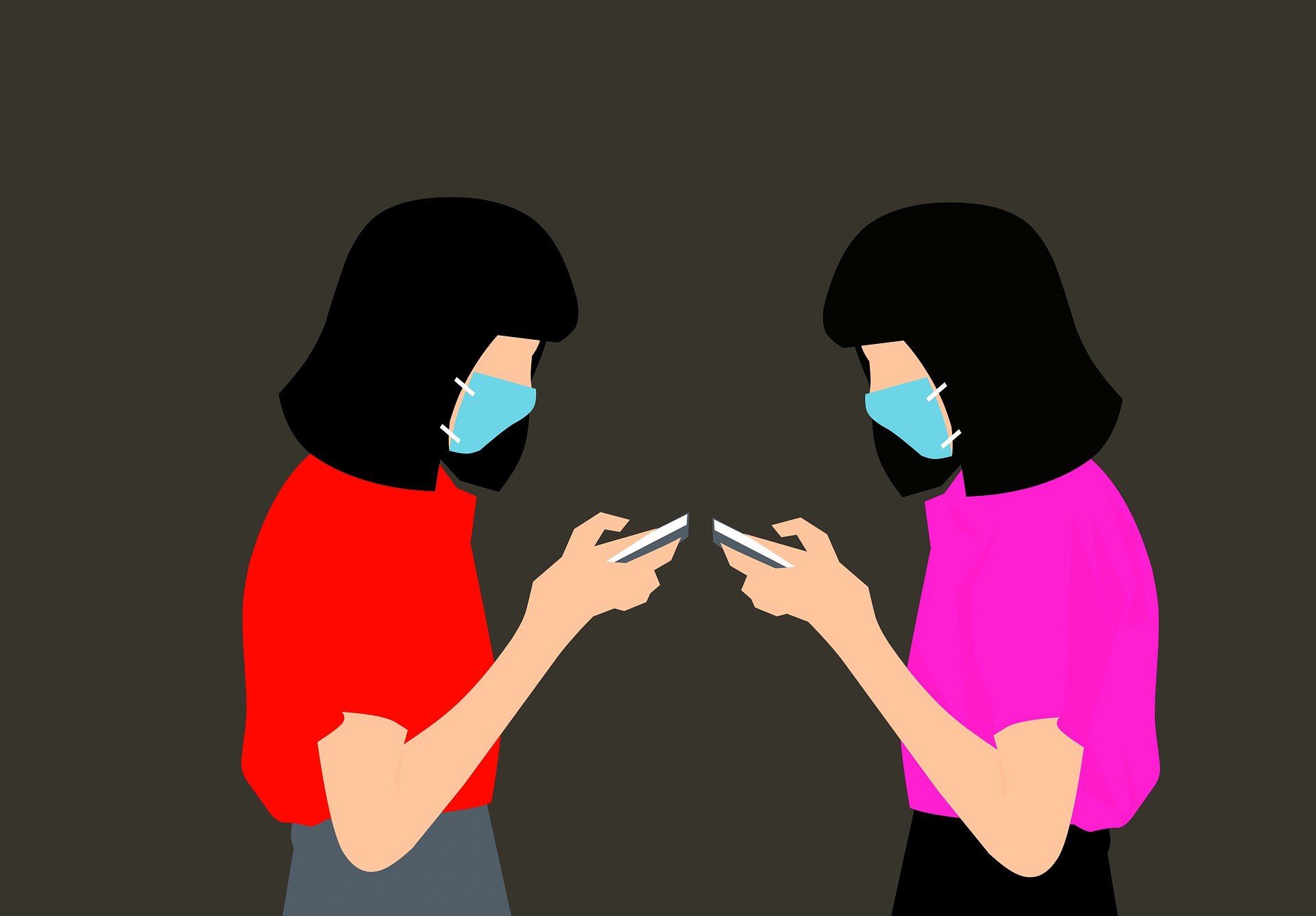A new CDC bot will tell you what to do if you have coronavirus symptoms

The news: The Centers for Disease Control and Prevention has launched an online bot that people can use to decide what to do if they have potential coronavirus symptoms like a fever, cough, or shortness of breath. The hope is the self-checker bot will act as a form of triage for increasingly strained health-care services. The number of recorded cases in the US has surged past 46,000, the most after China and Italy.
You can read all our coverage of the coronavirus/Covid-19 outbreak for free, and also sign up for our coronavirus newsletter. But please consider subscribing to support our nonprofit journalism.
How it works: The bot asks users questions like their age, gender, and location, any symptoms they’re experiencing, and whether they may have encountered someone diagnosed with Covid-19. On the basis of their replies, it recommends the best next step. There are a variety of responses, from “Call 911” to “Stay home and take care of yourself.” The bot is not supposed to replace assessment by a doctor and isn’t intended to be used for diagnosis or treatment purposes, but it could help figure out who most urgently needs medical attention and relieve some of the pressure on hospitals. It was created using Microsoft Azure’s Healthcare Bot software.
Rise of the bots: Health authorities around the world are using chatbots to answer people’s pressing questions about coronavirus. The World Health Organization has partnered with WhatsApp to give people reliable information. If you text +41 79 893 1892 over WhatsApp, the WHO will reply with a menu of options offering infection statistics, debunked myths, travel advice, and so on. India has built a similar bot using WhatsApp too, and the UK’s National Health Service is planning to do the same.
Deep Dive
Biotechnology and health
How scientists traced a mysterious covid case back to six toilets
When wastewater surveillance turns into a hunt for a single infected individual, the ethics get tricky.
An AI-driven “factory of drugs” claims to have hit a big milestone
Insilico is part of a wave of companies betting on AI as the "next amazing revolution" in biology
The quest to legitimize longevity medicine
Longevity clinics offer a mix of services that largely cater to the wealthy. Now there’s a push to establish their work as a credible medical field.
There is a new most expensive drug in the world. Price tag: $4.25 million
But will the latest gene therapy suffer the curse of the costliest drug?
Stay connected
Get the latest updates from
MIT Technology Review
Discover special offers, top stories, upcoming events, and more.